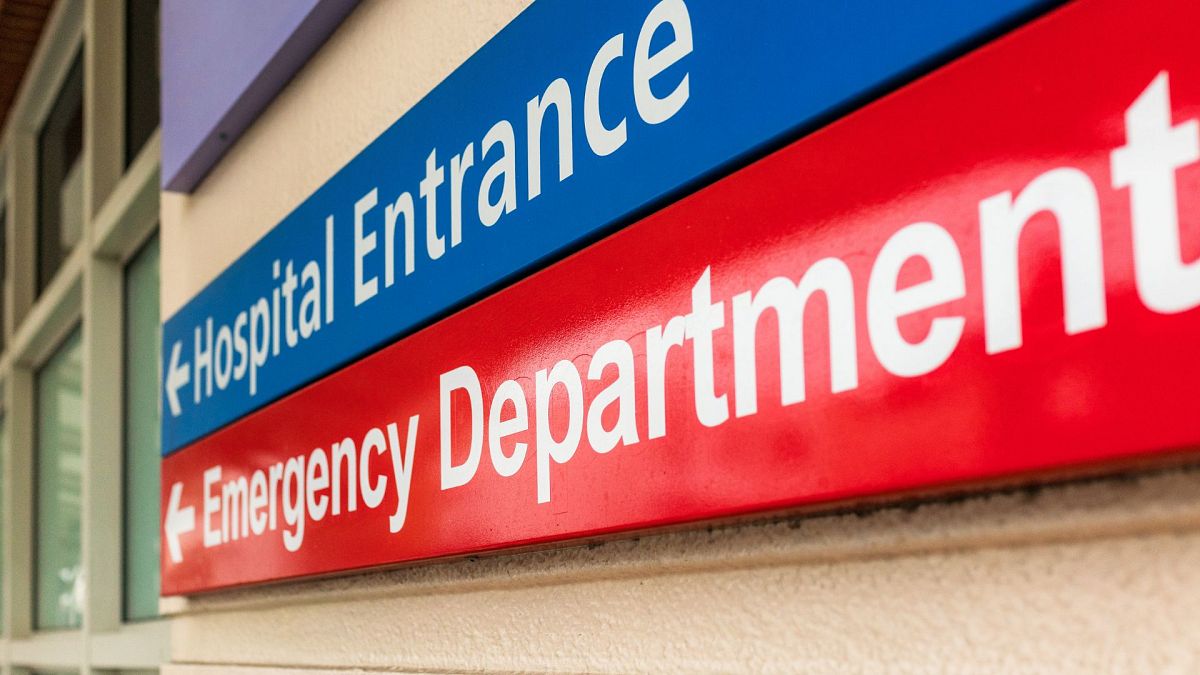OH so he LIED again. He said he ALREADY had a healthcare plan that was bigger , better , and cheaper then Obamacare IF that was true I am sure it would have gotten through Congress easily .
Non sequitur.
Did trump even put it forth to Congress?
Why would he if his advisers talked him out of it?
I don't remember him doing so, I think it was nothing but a lie to get as many MAGAS he could to vote for him, just another on of his thousands of lies.
You're not a Congressman or Senator, are you?
How do you know he didn't discuss it with them, and they told him it was a no-go?
You don't.
Oh, wait, he did.
Trump discussed his 2016 proposed healthcare plan with several individuals and groups during his presidential campaign, though the extent of these discussions was often described as limited, informal, or reliant on a small circle of advisors. His plan, outlined in a March 2016 document titled "Healthcare Reform to Make America Great Again," focused on repealing the Affordable Care Act (ACA, or Obamacare), allowing interstate insurance sales, tax deductions for individual premiums, Medicaid block grants to states, price transparency, and drug importation. Below, I'll break down key instances based on available records.
Senior Economic Advisor Steve Calk: Calk, a banking executive who joined Trump's advisory team in 2016, publicly discussed and defended the plan in media appearances. For example, in October 2016 on Fox Business, Calk outlined Trump's vision for replacing Obamacare with a system emphasizing free-market principles, state flexibility, and cost reductions. This indicates internal campaign briefings where Trump shared ideas with Calk for refinement and promotion.
General Advisory Team: Trump assembled a small economic advisory council in August 2016, including figures like hedge fund managers and billionaires.
While primarily focused on broader economic policy, the group weighed in on healthcare elements, such as tax reforms tied to premium deductions. Trump met with them periodically, and their input helped shape the plan's free-market orientation.
Post-election, in a November 11, 2016, Wall Street Journal interview, he hinted at compromises (e.g., keeping ACA protections for pre-existing conditions) after discussing it with President Obama.
The plan was never formally proposed to Congress as a standalone presidential bill because it was always intended as a high-level campaign outline rather than a fully fleshed-out legislative draft. Instead, the process relied on Republican congressional leaders to translate broad GOP priorities (like repealing the Affordable Care Act and emphasizing free-market reforms) into actual bills, a strategy rooted in how U.S. lawmaking works: Presidents don't introduce bills in Congress; they submit proposals or endorse those drafted by lawmakers.
Once in office, Trump deferred to House Speaker Paul Ryan and Senate Republicans to develop the details, resulting in the American Health Care Act (AHCA) in March 2017—a bill that incorporated some elements from his blueprint, such as Medicaid block grants and interstate insurance sales, but diverged significantly.
The effort collapsed in late March due to internal GOP fractures: Hardline conservatives in the House Freedom Caucus deemed it too similar to Obamacare (insufficiently aggressive on deregulation), while moderates worried about coverage losses for vulnerable populations.
Now, post an emoji and run along.



